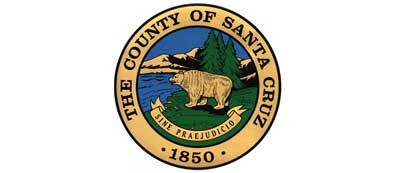SANTA CRUZ—The Santa Cruz County Board of Supervisors on Tuesday laid the groundwork for a ban on single-use disposable cups by unanimously approving a 25-cent charge for the product at all food-service businesses.
The charge will go into effect on July 1, 2020 if given final approval on second reading at the Supervisor’s Nov. 19 meeting.
The profits of the charge would initially remain with business owners, though the public works department will return to the Supervisors in March of next year to discuss the possibility of allocating those funds into the County’s hands.
That would require voter approval in a future election. If those funds are allocated to specific purposes or projects, the measure would require two-thirds voter approval. Alternatively, if the funds are designated for the general fund, it would require only a 50 percent approval.
The County joins Watsonville and Berkeley as the only other municipalities in the state to ban disposable cups.
The former in June passed a 10-cent charge for the product that will also go into effect on July 1, 2020. The City of Santa Cruz is weighing a similar charge and approval from the county would spur the City of Scotts Valley to follow suit, according to staff.
“This is a good first step but we need to do more than this,” said Supervisor John Leopold, who suggested staff return with ordinances on contact lenses and mylar balloons.
Nearly a dozen community members echoed Leopold, asking for more actions against other single-use products such as plastic bottles.
Others, however, voiced their concern that local businesses would be negatively affected by the charge if the funds are diverted into the County’s pockets.
“Mom and pops coffee shops are going to get affected the most—Starbucks, that won’t be a big deal for them,” Benjamin Cogan said. “If you want to keep it local and keep it simple, make no mistake that that’s a tax. If it goes to the business owners, at least that’s humble, noble and just.”
Anyone participating in support programs such as the Supplemental Nutrition Assistance Program (SNAP) or Women, Infants and Children (WIC) would be exempt from the charge.
Businesses would also have the ability to refuse a customer’s cup if it deems it unsanitary or damaged.











